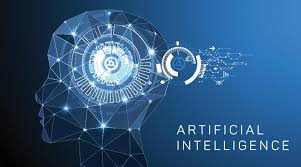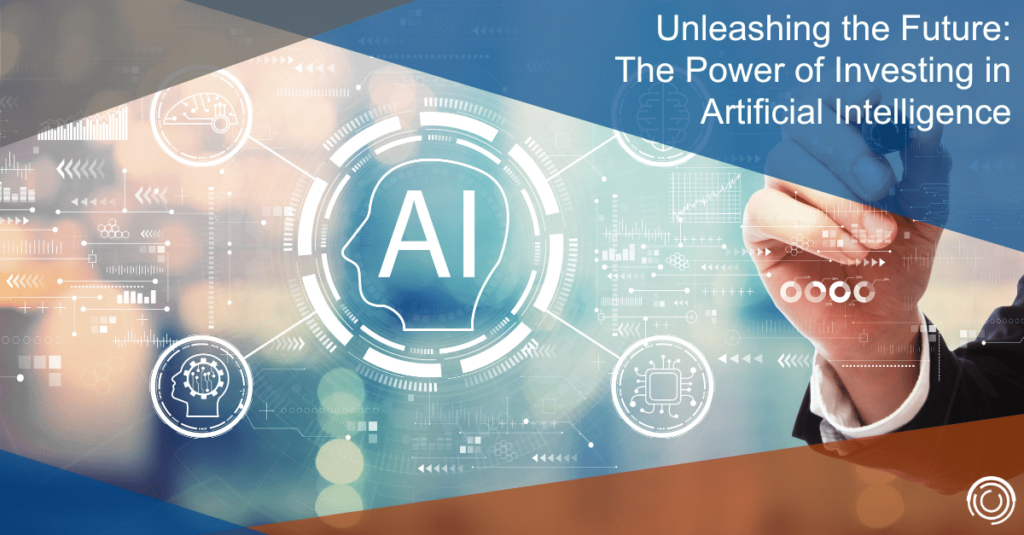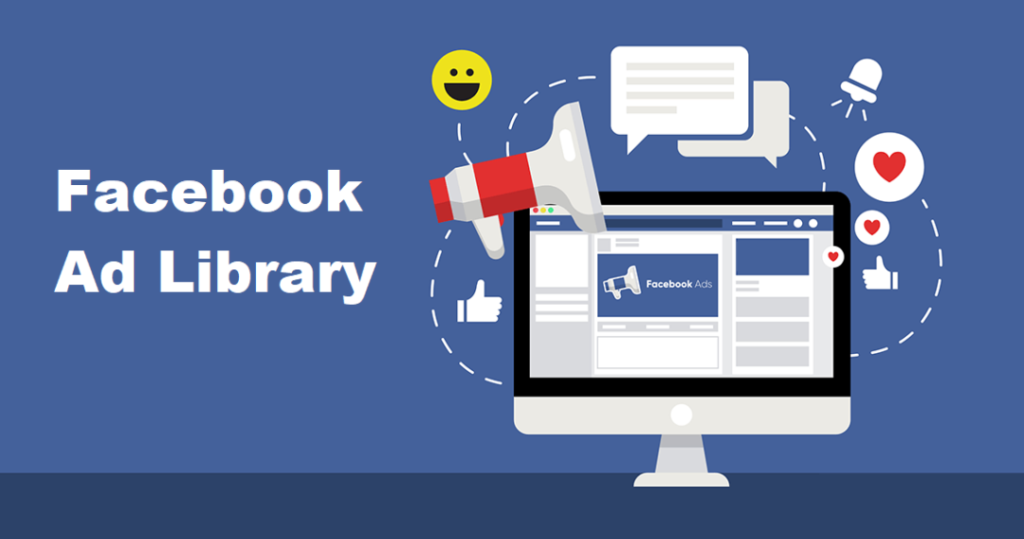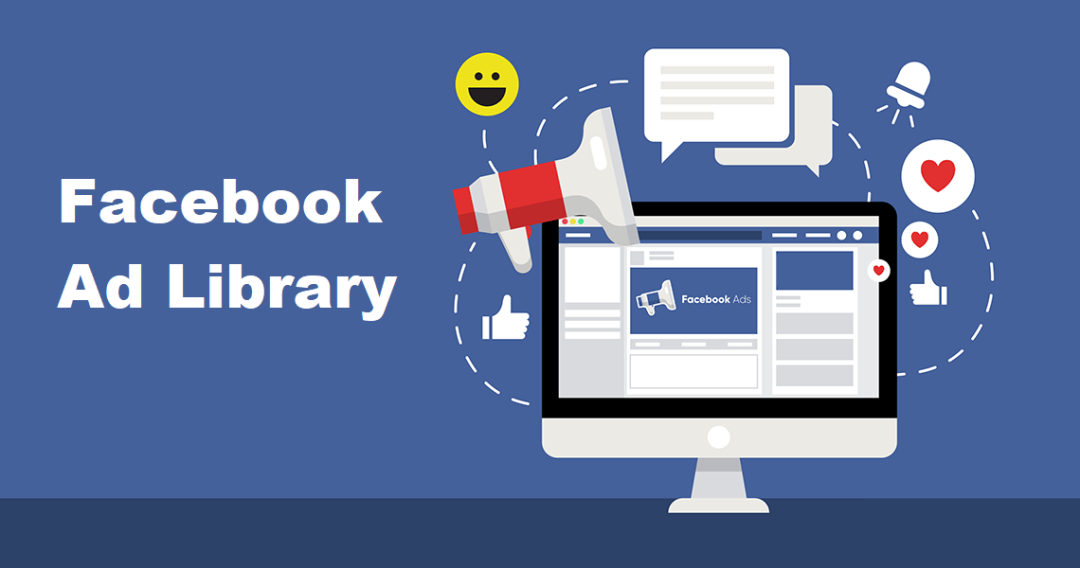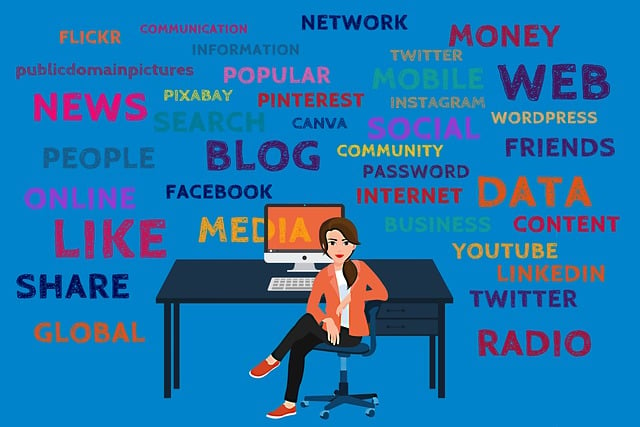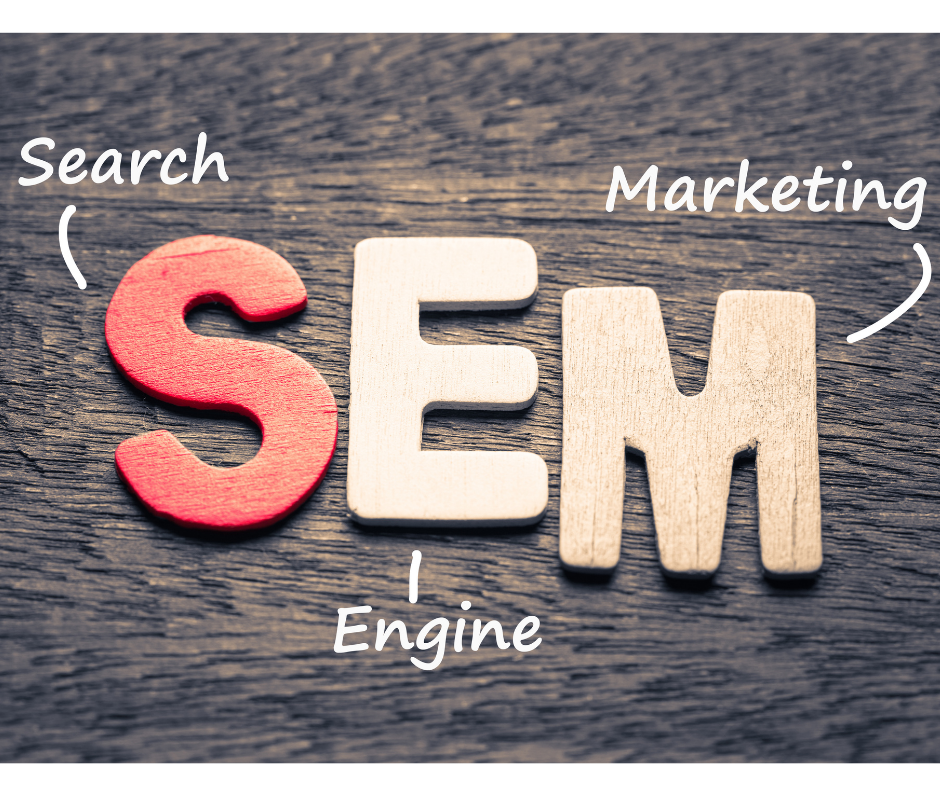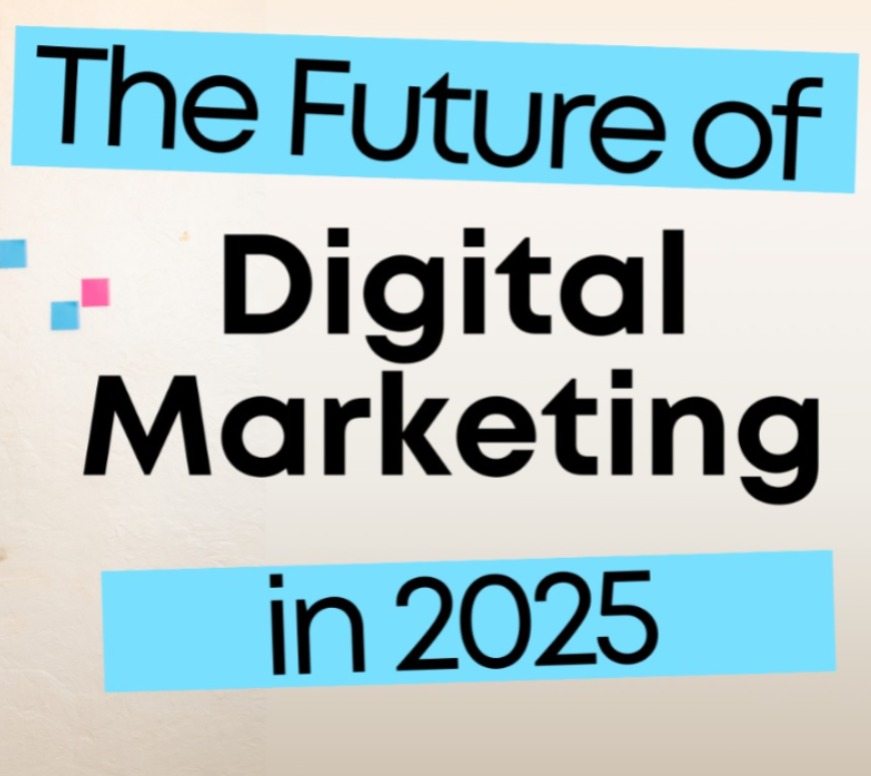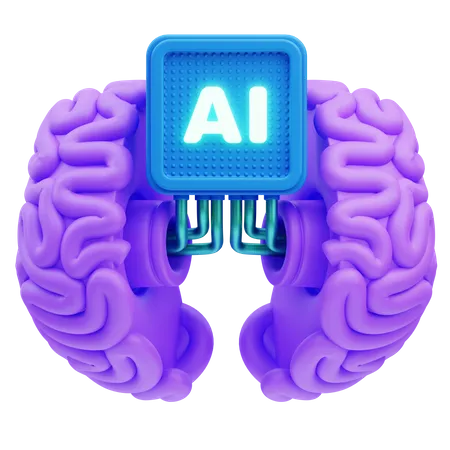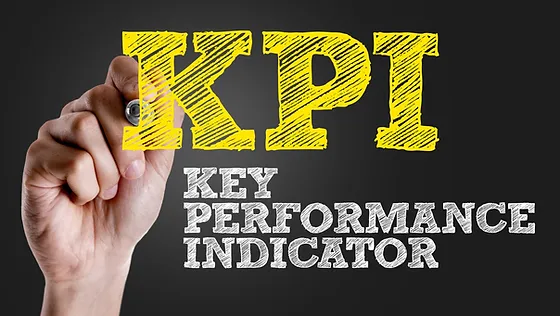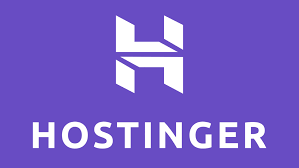Best Artificial Intelligence Course in Firozabad: Unlock Your Future with Cutting-Edge Skills

In today’s rapidly evolving world, Artificial Intelligence (AI) has emerged as one of the most important fields of study. Whether it’s enhancing customer service, improving business processes, or advancing scientific research, AI is becoming the backbone of innovation in many industries. If you are based in Firozabad and looking to pursue a career in AI, you’re in the right place. This blog will guide you through the best AI courses available in Firozabad that can help you master this transformative technology.
Why Choose an AI Course in Firozabad?
Firozabad, located in the state of Uttar Pradesh, is known for its industrial and educational advancements. With the rise of digital technologies and global interest in AI, there are now more opportunities for students in Firozabad to learn and work in the field of Artificial Intelligence. Opting for a quality AI course in Firozabad offers several advantages:
Affordable Learning: Compared to big metropolitan cities, the cost of education in Firozabad is relatively affordable. You can access top-quality AI courses without burning a hole in your pocket.
Personalized Attention: Smaller towns like Firozabad often offer smaller class sizes, which allows students to receive more personalized guidance and one-on-one attention from instructors.
Emerging Job Market: As AI continues to grow, the demand for skilled professionals is skyrocketing. Learning AI now gives you a head start in a lucrative career with ample job opportunities both locally and globally.
Local Institutes with Global Reach: Many institutes in Firozabad are now offering online and hybrid courses in AI that connect you with global instructors and students, ensuring you receive world-class education.
Top AI Courses in Firozabad
Here’s a list of some of the best AI courses in Firozabad that you can consider to kickstart your career in Artificial Intelligence.
1. AI and Machine Learning Certification by NIIT
NIIT is a renowned educational institution that offers a range of courses in technology and digital skills. They offer an AI and Machine Learning certification that covers essential AI topics like machine learning algorithms, deep learning, and natural language processing.
Course Highlights:
Deep understanding of machine learning and neural networks
Hands-on projects and real-world applications
Flexible online and classroom learning options
Industry-recognized certification
Why Choose NIIT? NIIT has a global presence and offers courses that are highly valued by employers. They have trained thousands of professionals in various domains, and their AI certification program is one of the best in Firozabad.
2. AI and Data Science Course by UpGrad
UpGrad offers online courses that can be taken from the comfort of your home in Firozabad. Their AI and Data Science program covers machine learning, AI algorithms, and data analytics. This course is designed for beginners and intermediate learners who want to pursue careers in data science and artificial intelligence.
Course Highlights:
Learn AI fundamentals, machine learning, and Python
Get access to a variety of projects and case studies
Live mentor sessions with industry experts
Collaboration with top universities like the University of Maryland
Why Choose UpGrad? UpGrad provides a personalized learning experience with mentorship from industry professionals. Their courses come with lifetime access to course materials, enabling students to learn at their own pace.
3. Artificial Intelligence Course by Simplilearn
Simplilearn is one of the leading online learning platforms offering a comprehensive Artificial Intelligence certification course. Their AI program covers a variety of topics, including machine learning, Python programming, and robotics. Simplilearn partners with top universities and organizations like Purdue University to offer globally recognized certifications.
Course Highlights:
In-depth understanding of machine learning and deep learning
Projects from real-world industries like healthcare, retail, and finance
Flexible learning with lifetime access to resources
Partnership with universities for additional learning opportunities
Why Choose Simplilearn? Simplilearn’s AI course is highly regarded for its real-world approach to learning. With access to expert mentors and a variety of practical assignments, Simplilearn ensures you gain both theoretical and practical knowledge.
4. Artificial Intelligence and Deep Learning by Coursera (University of Toronto)
For those looking to deepen their knowledge of AI, Coursera offers a specialized course in Artificial Intelligence and Deep Learning in collaboration with the University of Toronto. This course covers advanced topics such as deep learning, reinforcement learning, and AI problem-solving strategies.
Course Highlights:
Learn deep learning algorithms like CNN, RNN, and GAN
Hands-on practice with Python and TensorFlow
Mentorship and peer interaction opportunities
University-certified program
Why Choose Coursera? Coursera is a popular online learning platform that offers courses from top universities around the world. This course is ideal for learners who have some prior experience in programming and want to specialize in deep learning techniques.
5. Artificial Intelligence by IIT Madras (Available Online)
The Indian Institute of Technology (IIT) Madras offers an online AI course that covers the foundations of AI, machine learning, and robotics. IIT Madras is known for its academic excellence, and this AI course is no exception. The course provides both theoretical knowledge and practical experience, ensuring that students are well-prepared for the AI job market.
Course Highlights:
Learn AI algorithms and techniques used in real-world applications
Study machine learning, reinforcement learning, and AI ethics
Get hands-on experience with AI software and tools
IIT Madras certification upon completion
Why Choose IIT Madras? IIT Madras is one of India’s most prestigious institutions, and their online AI course is recognized internationally. This program is suitable for students who are serious about building a long-term career in AI.
Key Benefits of Learning Artificial Intelligence
Whether you choose one of the courses mentioned above or explore others, learning AI comes with a variety of benefits:

